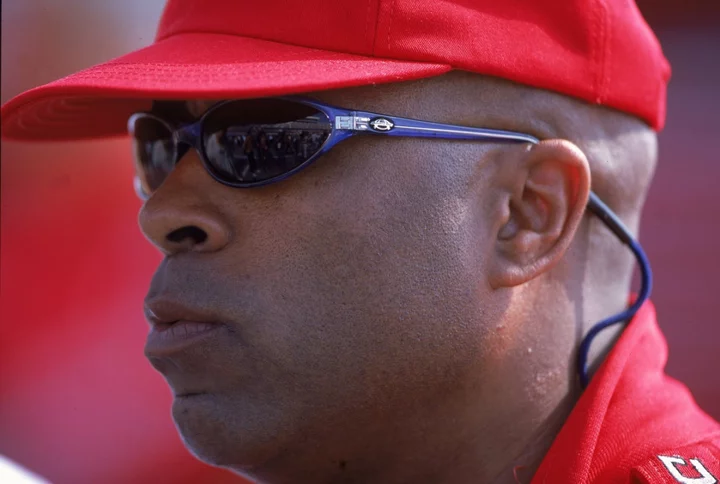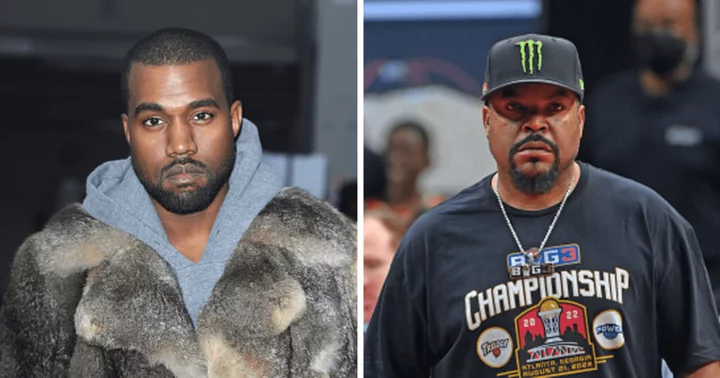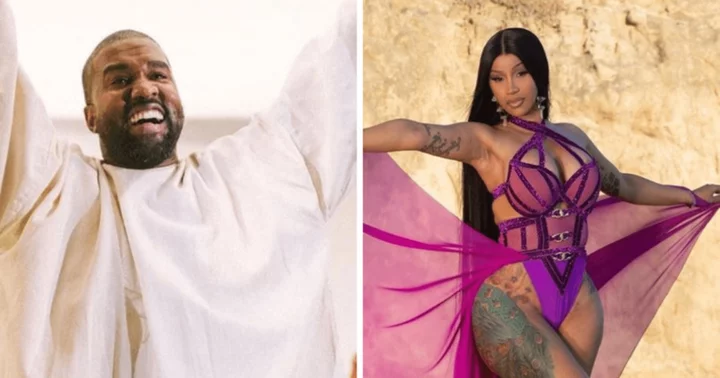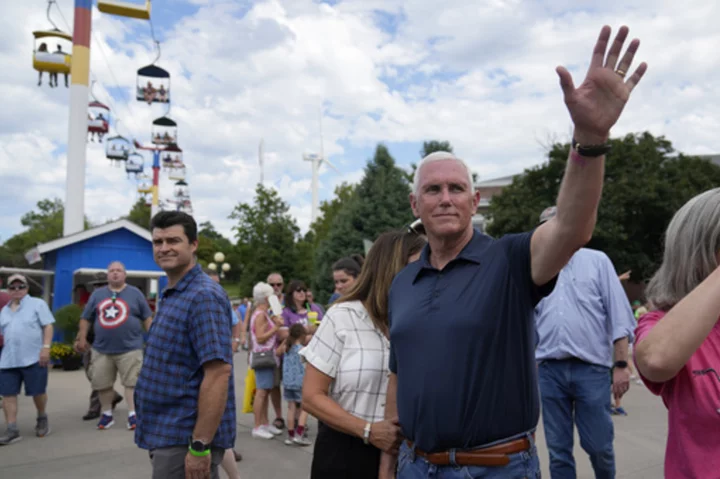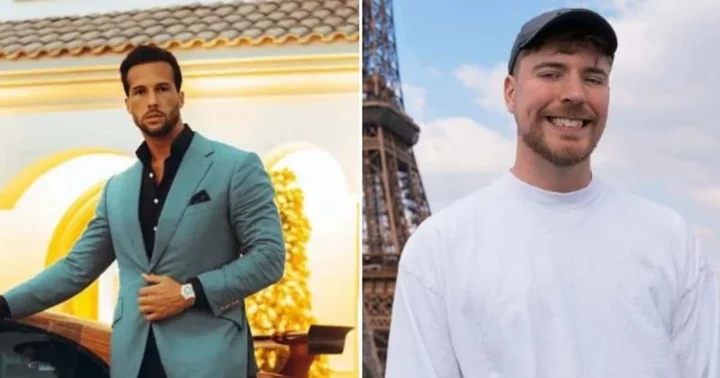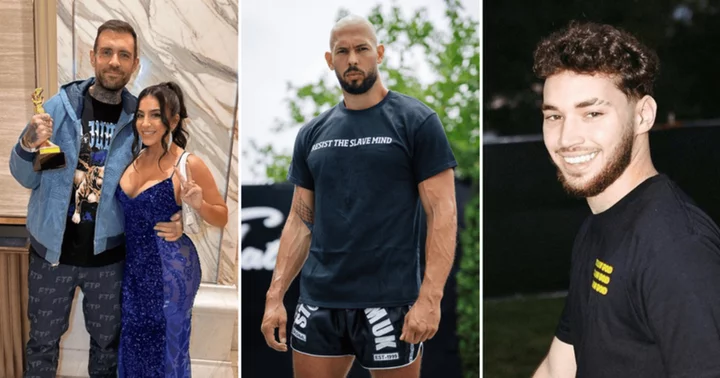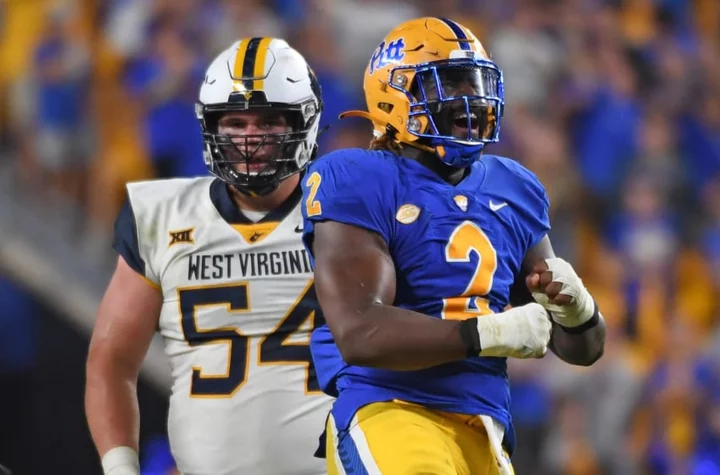As often was the case amid an American society embedded in racism in the 1980s, Muhammed Ali put it best. Advising black racing driver Willy T. Ribbs, the people’s champion made his point in no uncertain terms: “There are Blacks in my sport. But there are no Blacks in your sport.
“They’re going to want to kill you.”
Yet for all the death threats, discrimination and abuse, Ribbs had long decided that the only option was to meet the uphill battle head-on. He made history in 1986 when he became the first Black driver to test an F1 car. Five years later, he was the first to race in the Indy 500, one of the world’s most famous events.
But on the course to that journey, Ribbs faced it all. Don’t let me tell you though; let the man himself.
“Of course, there were death threats, the n-word,” he reflects, in a slow but dead-pan fashion that tells you the wounds have long since healed. Instead, the metaphorical bruises are worn with pride.
“But I enjoyed it. It didn’t make me mad, it was fun. I was going to dish out what they were dishing out to me, it never scared or intimidated me. I actually enjoyed it because it was motivating. I was never going to play the victim, that was not Willy T. Ribbs.”
Now 68, Ribbs is an ambassador for Formula 1, raising awareness for diversity and equality. A role given a matter of months after his riveting biopic movie, Uppity, was released in 2020. So titled because that was his nickname in motorsport circles – “and he loved it.”
But to this interview, he’s late. And he apologises, quipping: “Race drivers are never late, you know! Or they’re not supposed to be…”
Son to William ‘Bunny’ Ribbs, an amateur racer himself, Willy’s career path was set in stone from day-dot it seems. It was the racing way or the highway.
“I was born in this sport,” he tells The Independent, from his home in Texas. “I watched it from three years old when my Dad was racing, watching the likes of Jim Clark and Graham Hill. That’s all that was discussed in the family. We didn’t discuss any other sport.
“I was lucky, I think. At nine years old, I knew what I wanted to do and I knew what my career path was going to be. Most kids that age don’t know what the hell they’re going to do, but I did. And I didn’t want to be an amateur at it – I wanted it to be a profession and I wanted it to be Formula 1.”
He learned his craft, in the UK, racing alongside future F1 world champion Nigel Mansell in Formula Ford in the mid-1970s. He raced in NASCAR and the Trans-Am Series, later on, too. But his F1 calling, in ’86, came in the Portuguese town of Estoril. Bernie Ecclestone’s Brabham team – “Bernie has always been good to Willy T. Ribbs” – gave the American the chance to buck the trend and become a true trailblazer.
But the tag was not something he felt comfortable with at the time.
“All that mattered was I thought of myself as a race driver,” he says. “I had two responsibilities: to myself and to my team. For those who record social history, that’s their job [to say trailblazer] – but I’m not going to carry that weight on my shoulders.
“Sure. I was a role model because I was doing something no other Black kid had done. And great, if that’s the category they want to put me in and how they want to document it. But for me? It was about going fast.”
It was a mindset of not bowing to the status quo, embodied most especially in the late 20th century by Ali.
“What I admired about him the most was not his boxing skills,” Ribbs says of Ali. “What I admired about him was his resolve as a man, not to be squashed, manipulated or controlled. Ali said ‘you have to let them know that you can’t be killed, there’s nothing they can do to you and then they’ll leave you alone for a while.’”
Now in motor racing, the baton has been passed on to seven-time Formula 1 world champion and the sport’s only Black driver Lewis Hamilton, whom Ribbs is full of praise about.
“Lewis Hamilton, after seven world titles and more victories than any other human being, gets unfairly targeted,” insists Ribbs.
“If you can equate it to Tiger Woods, what did Tiger Woods do for golf? He broadened the audience. The attention went off the chart. That’s exactly what happened in F1 – Lewis Hamilton has been Formula 1’s Tiger Woods.
“He’s a very kind man. He’ll let it roll off, turn the other cheek – I wasn’t that way. He deals with it and in a lot of cases it’s unfair. Then again, he is in an environment which was not nearly as brutal as I was dealing with. Willy T. Ribbs was treated differently.”
The third-person references point to a man who is now comfortable in his own skin; in the significance of the struggle – and what it means to many around the world. And despite a sport notoriously still dominated by white men, progress is being made.
“One thing I love about Formula 1 is not only is it evolving commercially around the world, it’s evolving socially,” he says. “When F1 hired me, I asked them ‘what made you make this call?’
“They said: ‘We watched your film and we thought you’d be the perfect person for inclusion and equality in Formula 1.’
“I said: ‘Well, you called the right guy’.’”
Read MoreMercedes chief admits ‘embarrassment’ after Lewis Hamilton disqualification
Lewis Hamilton and Charles Leclerc post amusing joint Instagram after DSQ
Red Bull chief condemns Mexican fans who booed Max Verstappen
Logan Sargeant earns first F1 point in bizarre circumstances
Lewis Hamilton and Mercedes react to shock disqualification from United States GP
Chaos as Lewis Hamilton disqualified four hours after finishing second in US GP

